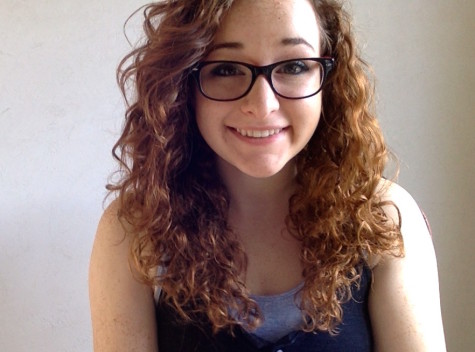International trade show in Las Vegas highlights CWRU student innovators
January 16, 2014
Over winter break, a group of student entrepreneurs had a chance to present their work at the International Consumer Electronics Show in Las Vegas, a technological trade show that showcased more than 3,200 exhibitors and attracted over 150,000 visitors.
Case Western Reserve University students, along with students from Pennsylvania State University, the University of Texas at Austin, Columbia University and a few other select schools, were able to participate in the first Academia Tech Zone, which highlighted student innovations.
CWRU presented seven different student companies, covering a wide range of needs. The projects were sponsored by Blackstone LaunchPad, a program which helps students through the process of starting a business: assessing the validity of the idea, securing funding and marketing the product.
Carbon Origins, a rocket company founded by undergraduate engineering student Amogha Srirangarajan, received particular attention at the show for designing rockets that help measure environmental information, such as atmospheric data. The company plans to launch their first commercial payload into space by the fall of 2015.
EcoSpinners, led by senior chemical engineering student Jean Zhao, along with chief engineer Chris Daroux, was well-received by international representatives for helping to build environmentally friendly electric bicycles that could travel for long distances.
EveryKey, designed by computer science major Chris Wentz and marketing major Alex Chen, provides a convenient Bluetooth wristband that unlocks phones, tablets, bike locks and other personal property within a certain range. Many people were impressed with the convenience and ease of the program, as well as the security that it provides.
Kudoala, a social networking app designed by junior business management major Matt Strayer, also received a lot of attention, particularly from corporations. The app provides a way for people to publicly congratulate their friends for doing amazing things.
Other projects included Disease Diagnostic Group LLC, which developed a hand-held malaria detector for use in third-world countries, Sprav Water LLC, which created a Bluetooth-enabled smart water meter to help measure water used when showering and Widdle, a social network that allows people to “widdle” away posts they don’t want to see without unfollowing people.
Bob Sopko, director of the program, says that the International CES was extremely beneficial for the students.
“They found that there was a tremendous need for their ideas,” he said. “They were able to identify partners to help build and distribute their products.”
“I was very impressed at how the students prepared and really stepped it up. They got to speak to potential investors from around the world, and I was impressed with how professionally they handled themselves.”



